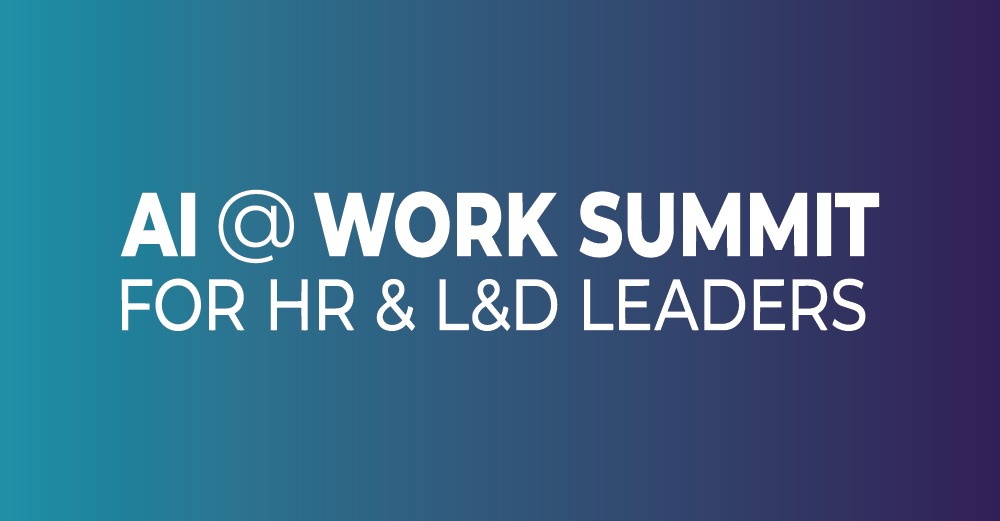Risk and Agile: A Non-Event?
Agile ways, practices, approaches, philosophy and techniques are filtering in as a way of life in many projects today. For some, agile ways of working address many ‘traditional’ project threats, by facilitating iterative and incremental delivery, being customer focused, encouraging collaboration and empowering team members.
Where and how does risk management fit into an agile environment? Or does it? Do agile practices mean the end of the need to focus on risks?
6 key considerations for risk in an agile project environment
- Risk cannot be forgotten. There are few certainties and guarantees in life – let alone any project, even one using agile practices. Risk still needs to be addressed, be it in a different manner or less formally than other project approaches.
- Risk is team based. Agile approaches value individuals and interactions over processes and tools. The whole team needs to be aware of risks and take ownership accordingly. As a self-organised team working collaboratively with transparency and the ‘right’ communications, threat mitigation is in the interests of everyone.
- Risk during daily stand-ups. Yes, the convention of the daily stand-up includes team members highlighting any ‘blockers’ (impediments or issues) to their progress, as appropriate any significant potential blockers (threats) can also be included. This enables a proactive not just reactive approach.
- Risk and formality. Sometimes unfortunately risk management is equated to bureaucracy: too many documents and processes for the sake of it! In some projects applying agile methods, key risks can be written up on a team board allowing clear and immediate visibility for all. This could be as a result of the daily stand-up. Risk management in agile environments is about the appropriate communication method for the team, not another lengthy formal document.
- Types of risks in an agile world. Depending upon your organisation and how familiar and accepting of agile approaches your customers are, different types of risks may emerge in an agile world. For example, what if the customer doesn’t have the time or is not empowered to make the decisions when needed? Or considering that agile approaches prefer teams to be co-located, what if the team is in different locations and even different time zones?
- Agile techniques and risk. Techniques such as prototyping, proof of concept, and experiments can help the team explore and learn in times of uncertainty. Little by little, step by step, the level of uncertainty can (hopefully) be reduced.
“Although the agile way of working may reduce many common risks (which is one of the reasons for its growth in popularity) it does have risk areas of its own…”
PRINCE2 Agile, AXELOS 2015
PRINCE2 Agile is a trade mark of AXELOS Limited







